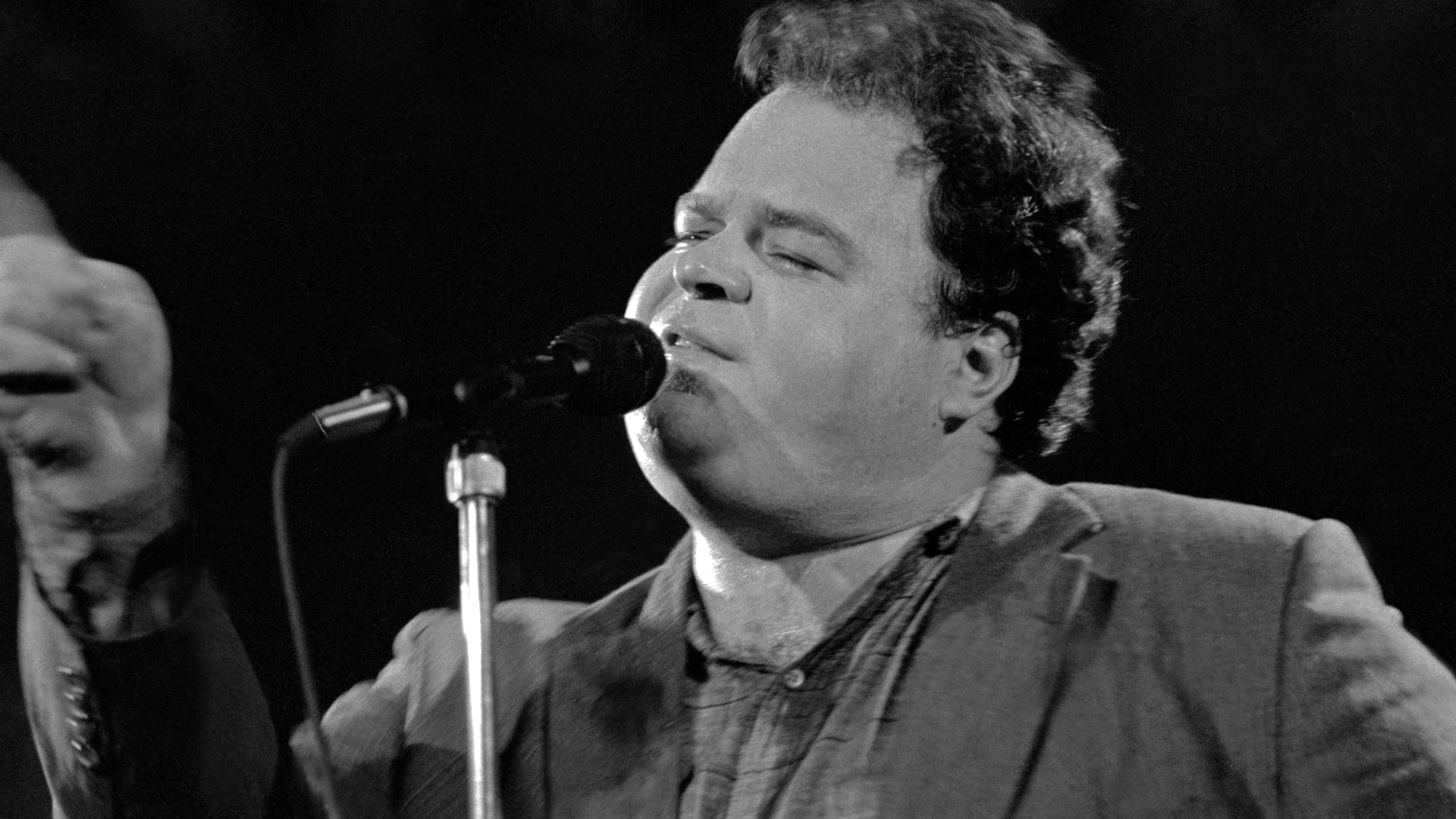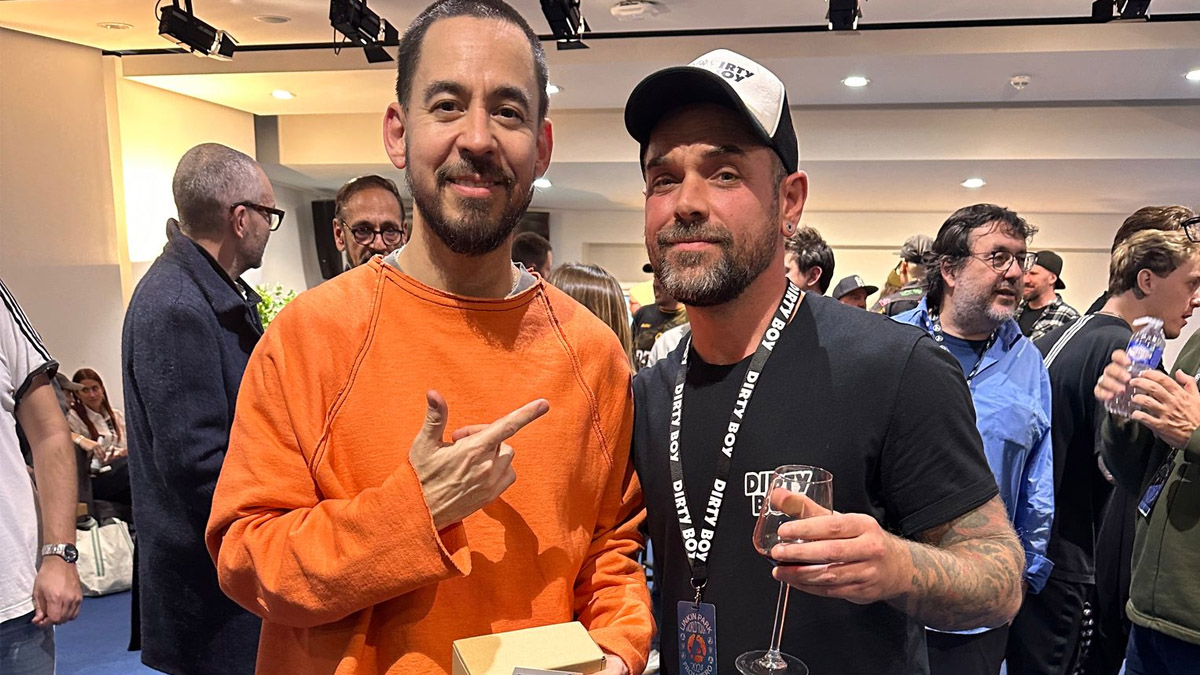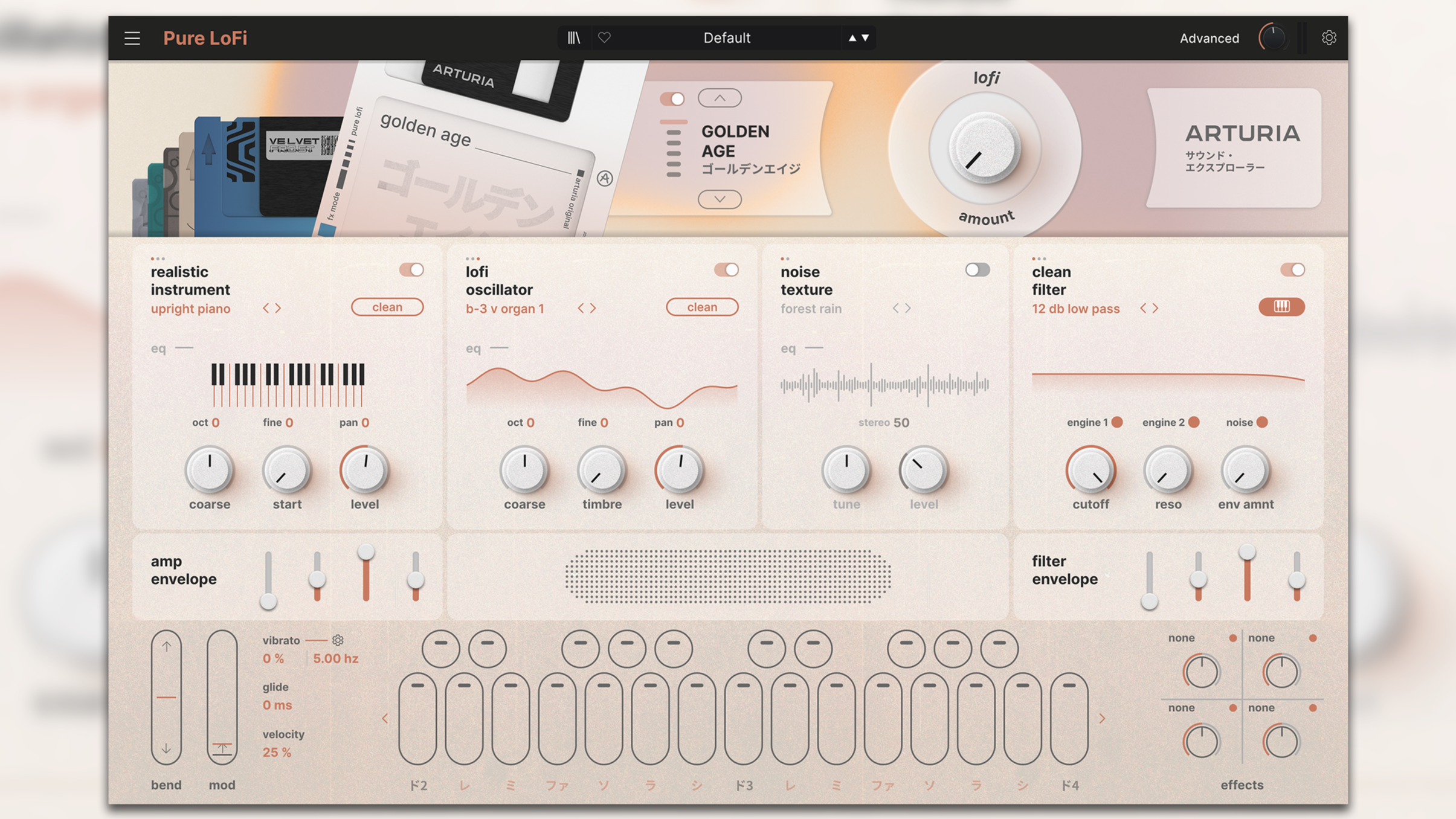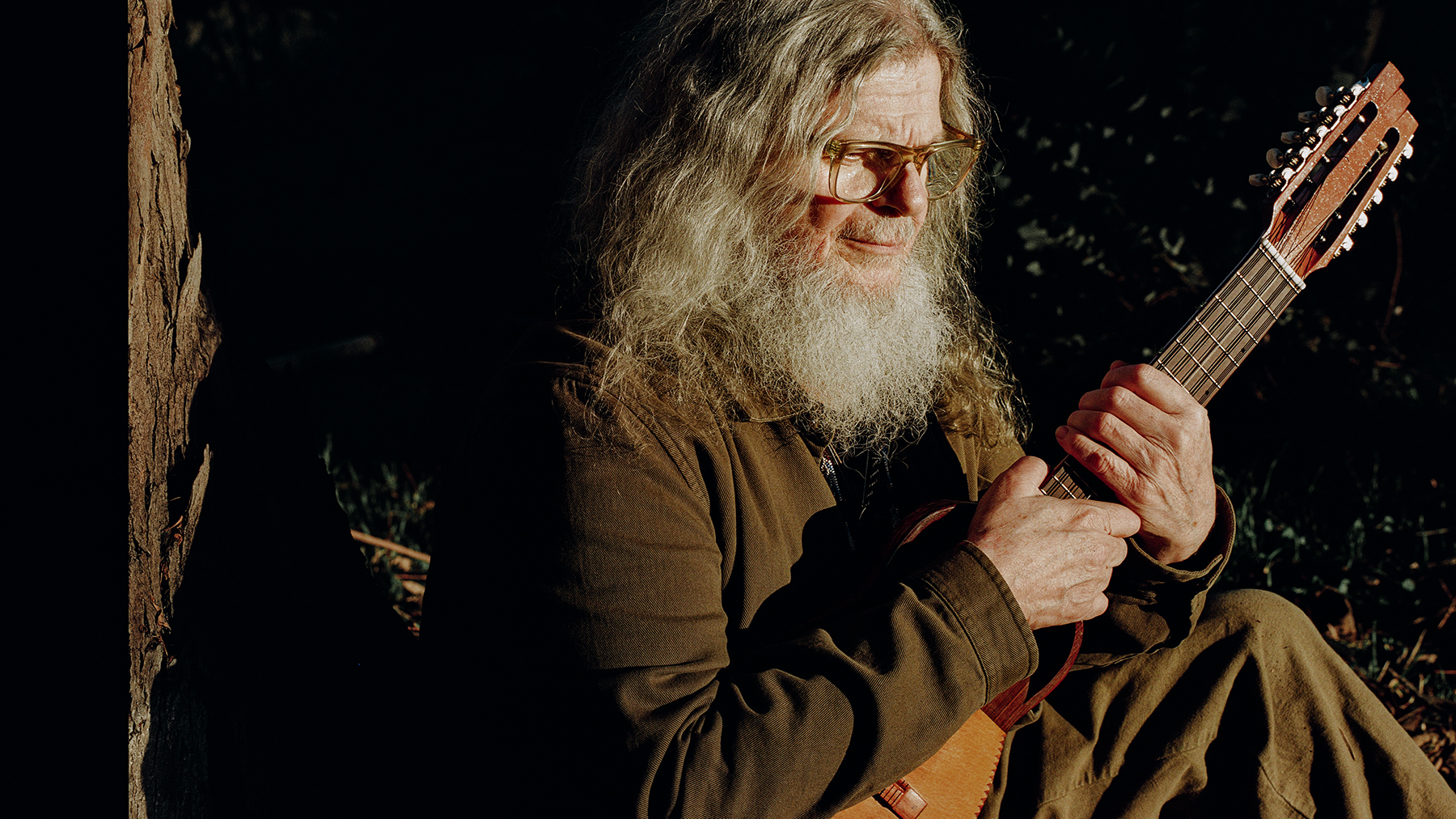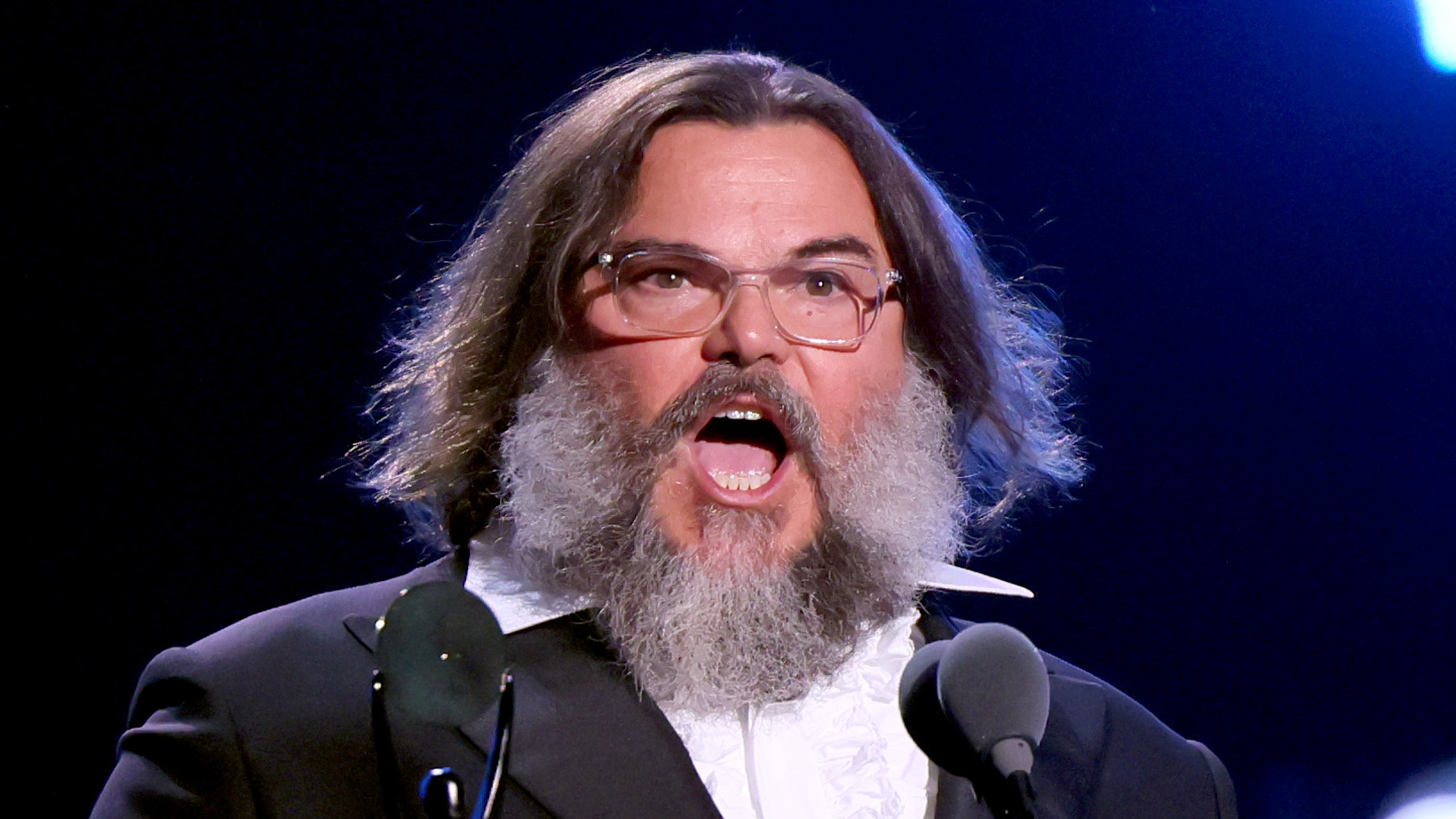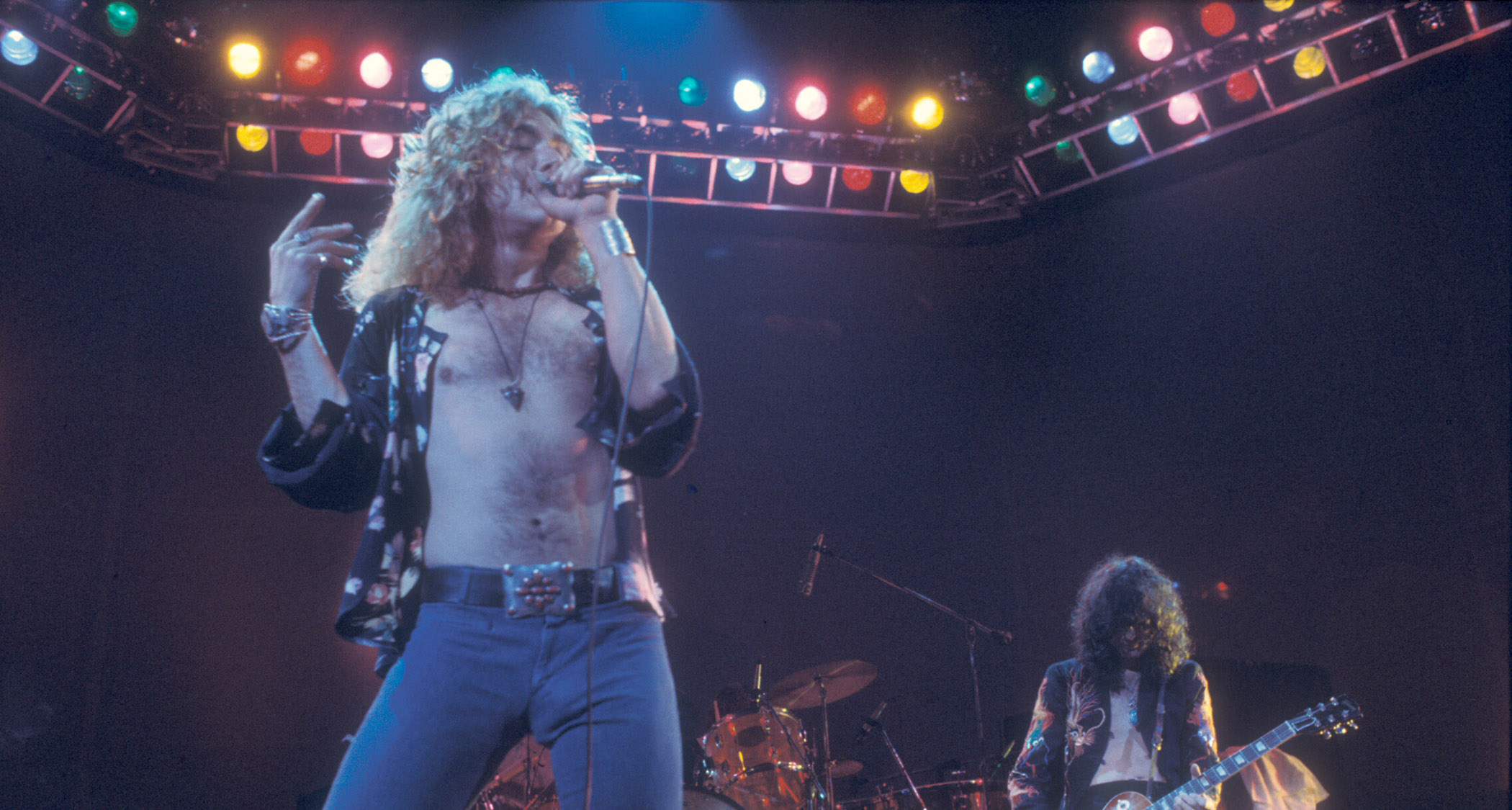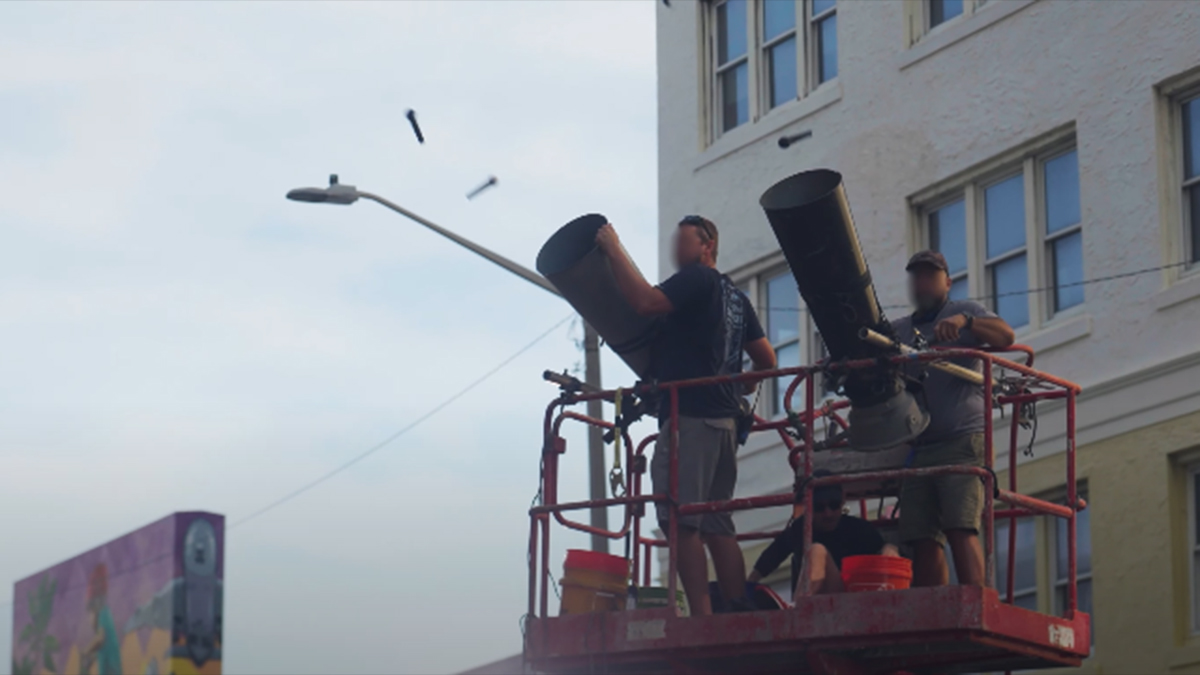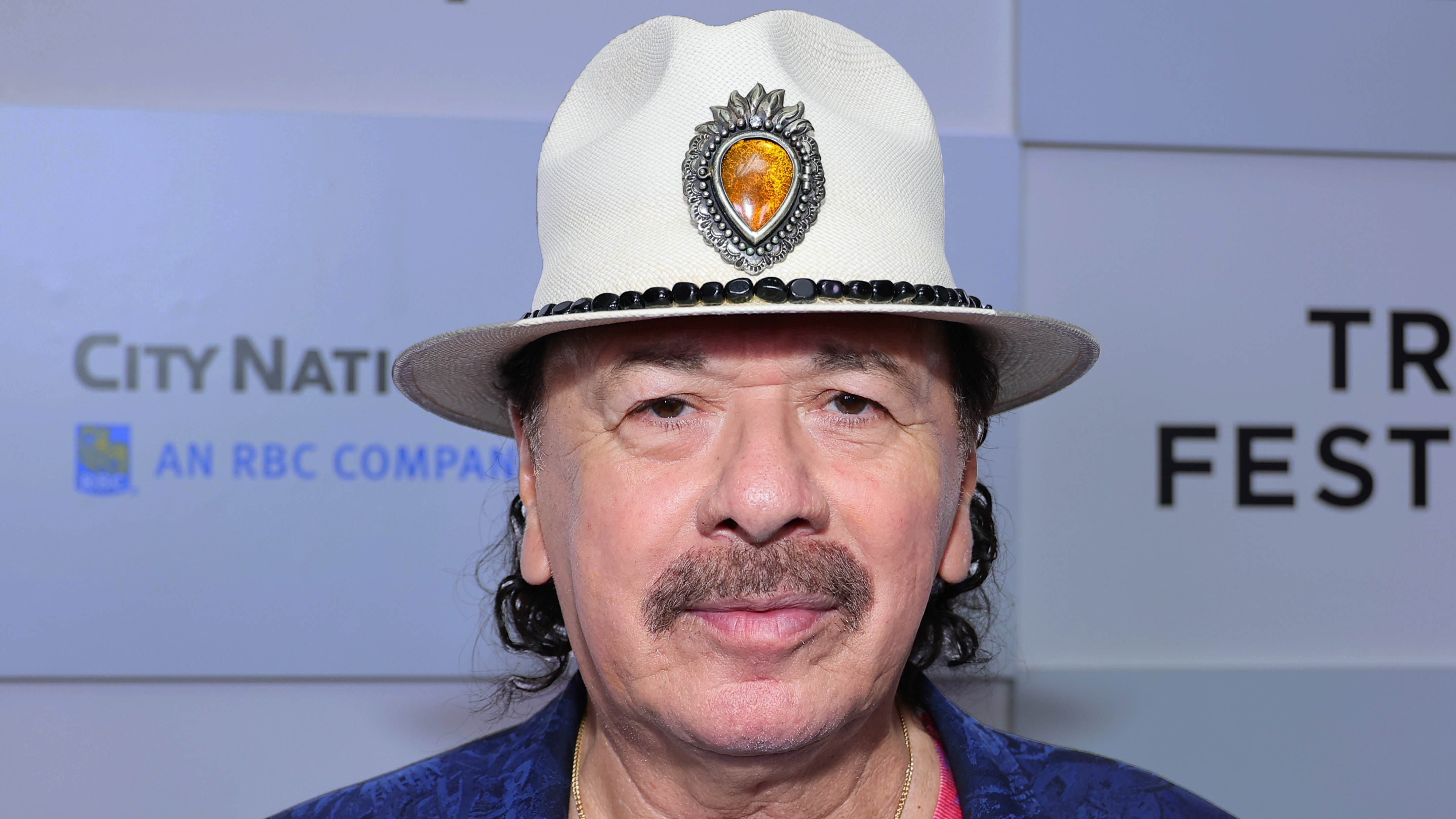"It was such a great band because Paul Kossoff was such a great guitar player" – Paul Rodgers talks songwriting with Free, Bad Company, Brian May and Jimmy Page
Classic interview: the legendary rock vocalist on the making of his timeless songs
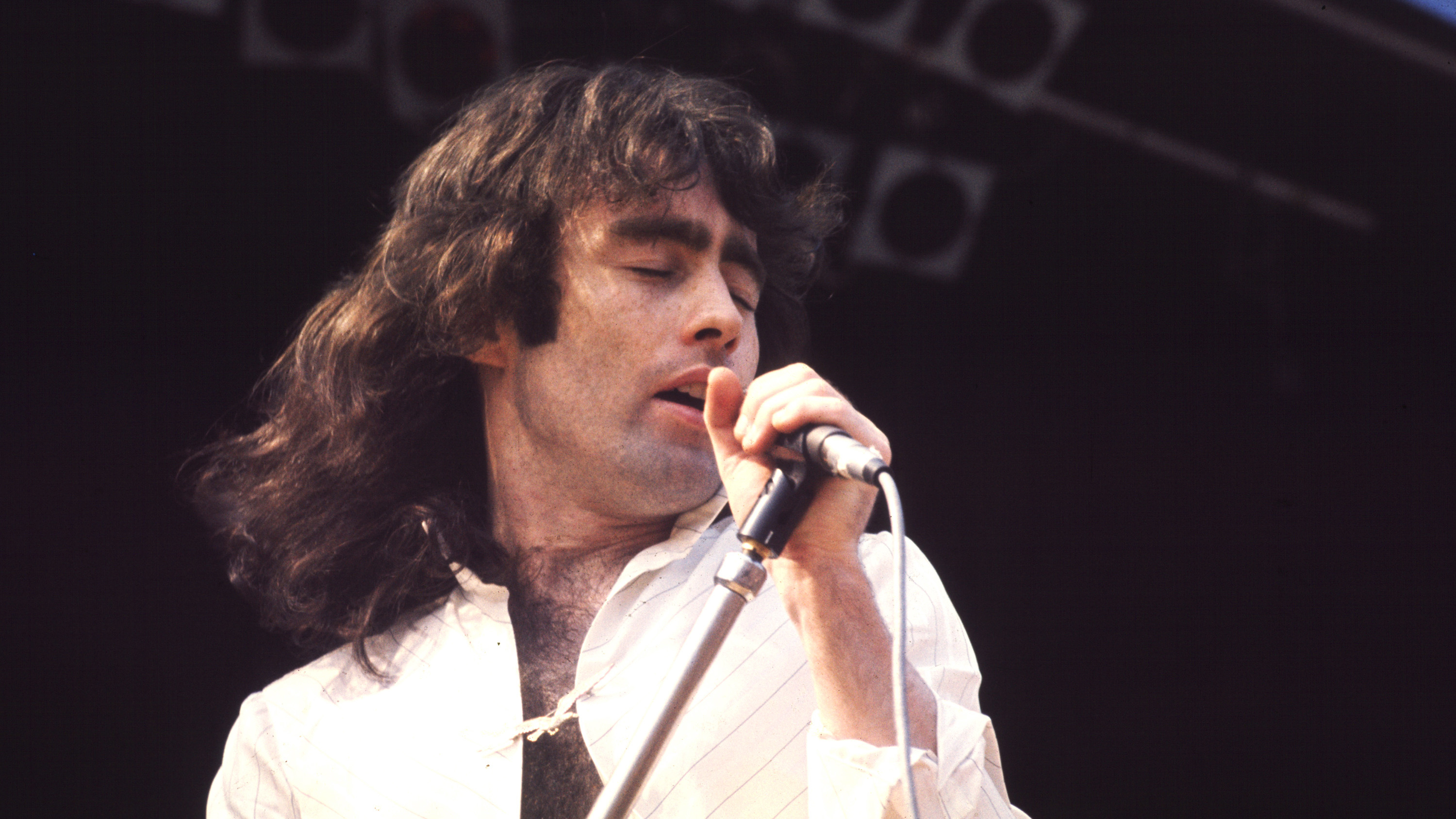
In 2014, Rich Chamberlain talked with Paul Rodgers to talk about his incredible legacy of songs with Free, Bad Company, The Firm and Queen. For the first time online, here Paul reflects on his creative approach over the years, and the guitar heroes he's written with…
The soulful sound of a 19-year-old Paul Rodgers singing his blues with Free is still one of the influential vocal benchmarks of rock. But he would go on carve out a career after that took some surprising turns as a songwriter and performer.
After the demise of Free in 1973 and tragic death of their guitarist Paul Kossoff three years later, Paul found even greater success with Bad Company. By 1975 he’d already been involved in writing two of the greatest rock anthems of all time with that band’s Feel Like Makin’ Love and Free’s All Right Now.
Supergroup The Firm would follow in the 80s with Jimmy Page, and in 2004 he teamed up with Queen’s Brian May and Roger Taylor to tour and record. There’s certainly a lot to talk about and Paul was happy to oblige…
What was the first song you ever wrote?
“The first song I ever wrote was Walk In My Shadow [Free would record it for their 1969 debut LP Tons Of Sobs]. That came about because I had a band called Brown Sugar in London and they started playing this riff and I started singing over it and went, ‘Oh, this is interesting, I think we just wrote a song,’ and they told me that it was an old blues riff so I thought we couldn’t steal that.
"I thought that if I wrote my own riff and put my own lyrics on then I’d have written my own song and that’s what I did. I wrote a 12-bar blues around the riff and came out with Walk In My Shadow. That gave me the confidence to know that I could write songs.”
Get the MusicRadar Newsletter
Want all the hottest music and gear news, reviews, deals, features and more, direct to your inbox? Sign up here.
"There was one song we could never phase out though and that was The Hunter. We could never write a song better"
What was your approach to writing in the early Free days?
“When we first started, we were a blues band, really. I had written a couple of songs, I’d written Walk In My Shadow and Over The Green Hills, I was making a foray into songwriting. We had a meeting and I said to the guys that it would be good if we could phase out the blues [covers] and phase in as much of our original material as possible. I said that would give us an identity and it did.
"There was one song we could never phase out though and that was The Hunter [Albert King]. We could never write a song better than it, we always had to do The Hunter and it always had to end the show. That’s where All Right Now was born out of, we wanted to write a song better than The Hunter. I don’t know if it is better or not because The Hunter is a great song.”
How did All Right Now come together?
“I said that it had to have an extra dimension, you needed something that you could get an audience singing, something really simple like, ‘All right now,’ and I went, ‘That’s it! That’s the chorus.’
"I worked backwards from there and I thought, ‘Well, what’s all right then? Well how about if you were walking down the street and there was this fantastic girl there.’ It just went from there and was very much a boy meets girl kind of song.”
"They were such good musicians that they elevated the song"
Free was a band of teenage virtuosos, did you bounce ideas off each other?
“Sometimes. It was such a great band because Paul Kossoff was such a great guitar player. Each of them were great. When I would bring an idea along, like I brought Mr Big along, they would fall in to the pattern of the song and we’d play with it.
"They were such good musicians that they elevated the song. Fire and Water is another where that happened. We would work on how we wanted to interpret the already existing song with each playing wonderfully on their instrument.”
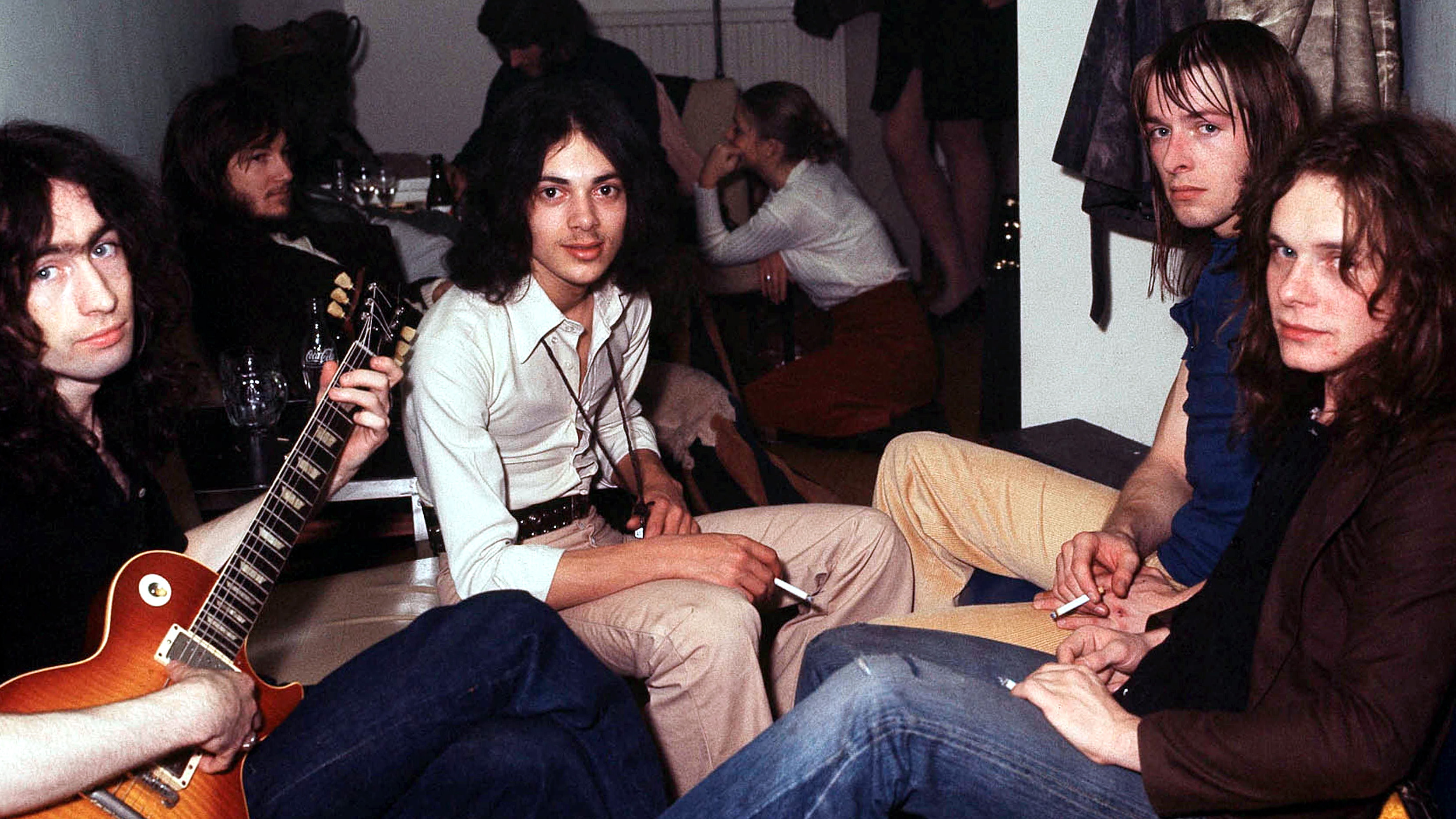
With both Free and Bad Company you made an album every year. Was it difficult to maintain writing so much material?
“We thought it was the norm but looking back, we had a really heavy schedule. Not only were you out on the road, but you were also expected to be writing songs for the next album. It was very demanding. By the time we got to do Burnin’ Sky [Bad Company’s fourth album] we’d just done a four month tour and we were basically shagged to be honest with you.
"There was a point when I said we weren’t going to release the album, we’d finish it but not release it. As it turned out it wasn’t a bad album. I wrote the track Burnin’ Sky in the studio while we were recording it. I’d never done that before or since.
"All I had was the chorus and the chords for the verses and I made up the entire story in there. The guys thought I was reading the lyrics but I was just making it up on the spot. I was thinking, ‘Where am I going with this?’ while recording it. That was an inspired moment.”
"Very often, it is the songwriting that a band is formed around"
In Bad Company you were writing with Mick Ralphs, what was your creative dynamic like?
“In many respects, songwriting is the lifeblood of a band. It’s their voice, it’s what they have to say about the world. It’s their interpretation. It is very important. Very often, it is the songwriting that a band is formed around.
Mick and I came out to my cottage and we’d write songs and from that the band grew. He had some existing songs, I had some and we wrote some together. We would write together and separately so we accumulated a lot of songs and we needed a band to put around those songs and that’s how that developed.
"Sometimes we would write together and that would maybe involve Mick writing the words and me the music or vice versa, or even a mixture of both. We’d fill in the gaps for each other when needed.”
Was Feel Like Makin' Love like that?
“Songs come in all different ways. Some, when they come out they’re very quick whereas other songs you can be stuck and have [an idea] for six years and then all of a sudden have it.
"Feel Like Makin’ Love was like that. I started to write that when Free were in San Francisco and I met a group of hippies and stayed in these cabins in the woods. It just hung in my mind for ages, it was just there.
"Through the second Bad Company album it was there until Mick [Ralphs, guitarist] asked what I had for new songs. I told him I had, ‘Baby, when I think about you.’ And he goes to me, ‘That’s good, what about this,’ and he played the riff and I said, ‘I feel like makin’ love.’ It had been cooking for many years.”
"That’s what I’ve learnt through working with a lot of guitar players, they’re really singing through their instrument"
As well as Mick, you’ve written with some other incredible guitarists over the years; Paul Kossoff, Brian May and Jimmy Page, for starters. Is there any common trait that they’ve shared as creative players?
“Each musician, whatever they play, that is their voice and everyone has a different voice and a different take on the world. Everyone expresses themselves uniquely. When Brian May plays I Want To Break Free, that is so expressive and it communicates to people. There’s a guitar player that speaks with the instrument.
That’s what I’ve learnt through working with a lot of guitar players, they’re really singing through their instrument and in doing so they are communicating without lyrics. The successful ones are the ones that communicate most.”
Has your approach changed and evolved when working with different guitarists?
“It differed only in that there were some different personalities involved. It shared that common goal that you want to come up with a finished song.
"Tear Down The Walls was one where Jimmy [Page] had all of the music and I wrote the lyrics. That’s a pretty powerful song, the music is great. But, one doesn’t have to be famous to write with somebody, it’s all about chemistry and whether or not you just click. It’s about getting on the same wavelength, it’s all about communication really.”
Do you prefer to write on your own or the dynamic with others?
“I like both. Sometimes I’ll sit alone with my acoustic and it’s amazing how things come along like that, you go into a room with nothing and come out with a bunch of songs.
"Sometimes it’s great to have the band to bounce off. It’s good to have the band if the structure of the song is there because they inject their spirit into it and you see where it needs to breathe and which bits you need to extend for it to make sense.”
What do you look for in a songwriting partner?
“You have to respect each other and you have to be on the same wavelength. You have to be aiming for the same thing and you have to appreciate each other’s music. You need mutual respect. They say the sum is greater than its parts; that is true. You can excel your achievements together and reach much higher points together than you could alone.”
Do you often write on instruments other than the guitar?
“I wrote Wishing Well on the bass. I had that bass riff and that’s another aspect of songwriting. If you change instruments you can find something different. I find if I go to piano it’s good for composing because your left hand is doing the bass and your right is doing the chord structure and between the two you’re doing a kind of rhythm. You’ve got the whole band at your fingertips.
"Even physically you’re pushing down on keys, whereas with the guitar you’re in a different physical position, so you might choose different chord sequences and notes.”
"Sometimes a melancholy mood can be uplifting in a strange way"
Which song are you proudest of writing?
“One that jumps to mind is [Free’s] Soon I Will Be Gone. I’m proud of that. I like the chord structure and I like the sadness of it. Any song is about the mood, you’re capturing the mood you’re in and you’re recreating that every time you play it.
"Sometimes a melancholy mood can be uplifting in a strange way because it expresses it and in that expression you can find a certain happiness.
"In that way the blues, to me, can really be quite happy because you’ve got to get that out of your system.”
What is the best piece of advice you can give on songwriting?
“Always listen to what your heart is telling you and try to capture the mood and the spirit.”
For the latest updates check out paulrodgers.com
Rich is a teacher, one time Rhythm staff writer and experienced freelance journalist who has interviewed countless revered musicians, engineers, producers and stars for the our world-leading music making portfolio, including such titles as Rhythm, Total Guitar, Guitarist, Guitar World, and MusicRadar. His victims include such luminaries as Ice T, Mark Guilani and Jamie Oliver (the drumming one).
“The most musical, unique and dynamic distortion effects I’ve ever used”: Linkin Park reveal the secret weapon behind their From Zero guitar tone – and it was designed by former Poison guitarist Blues Saraceno’s dad
Carlos Santana collapses and then cancels second show “out of an abundance of caution”

